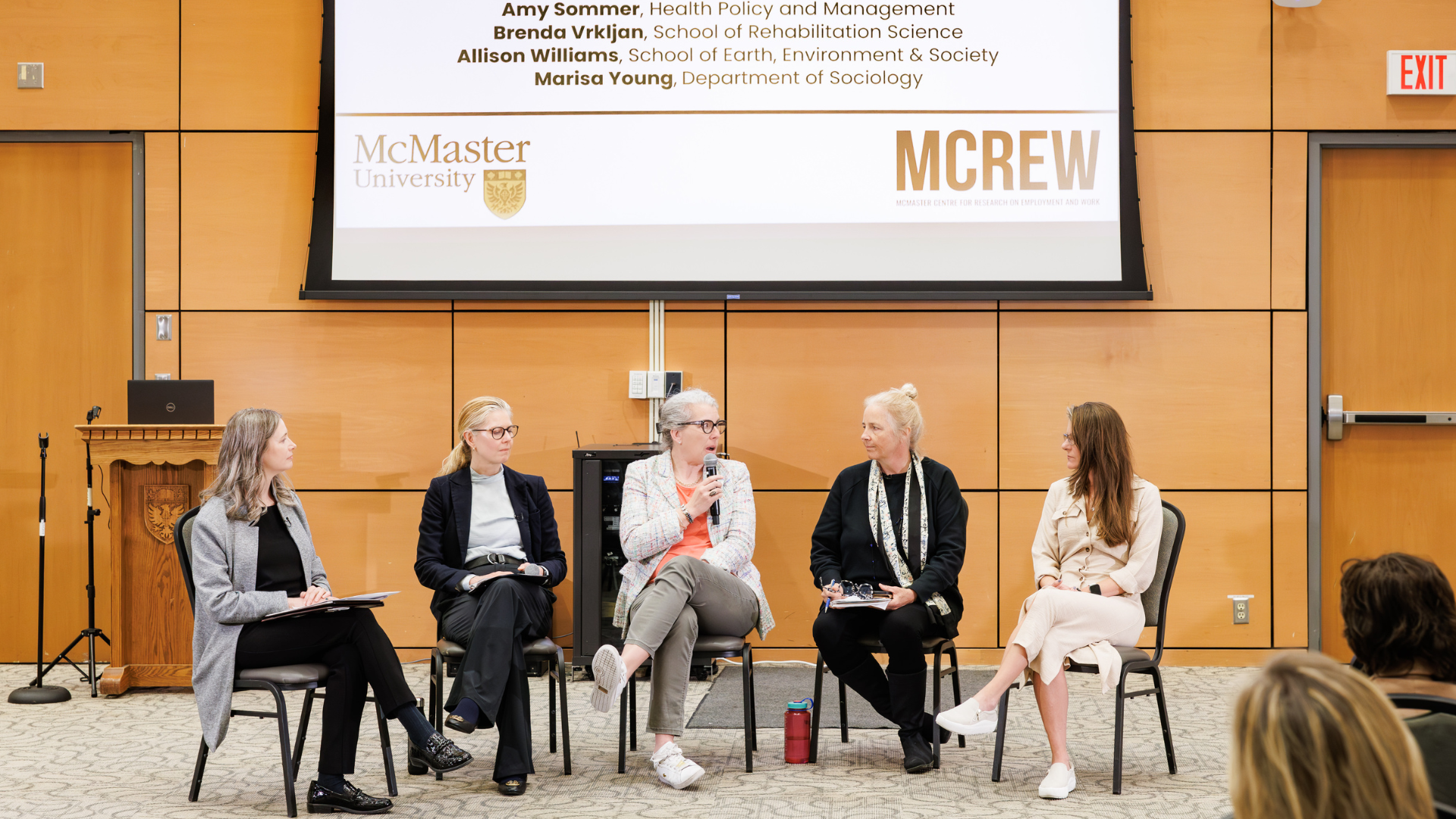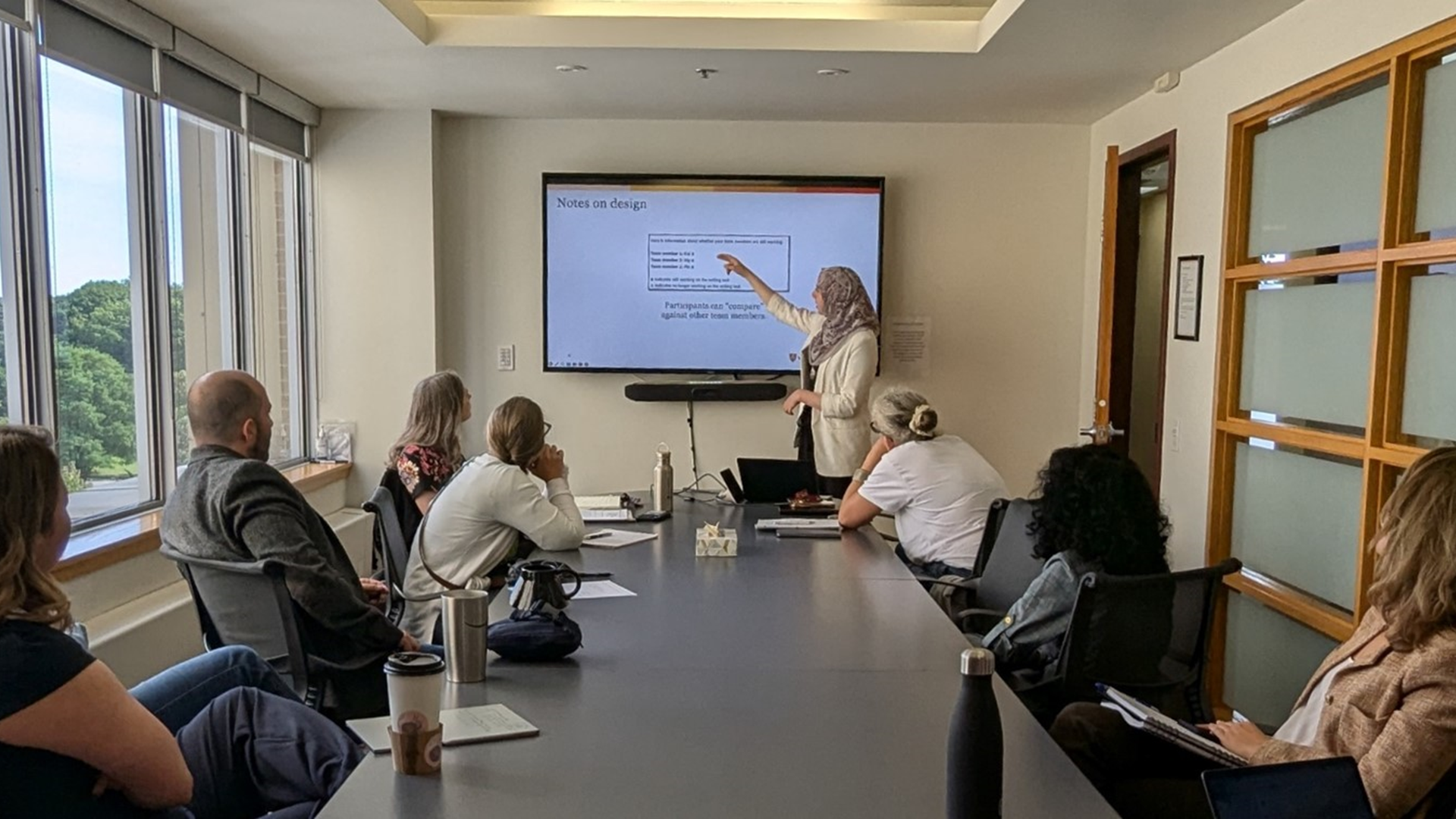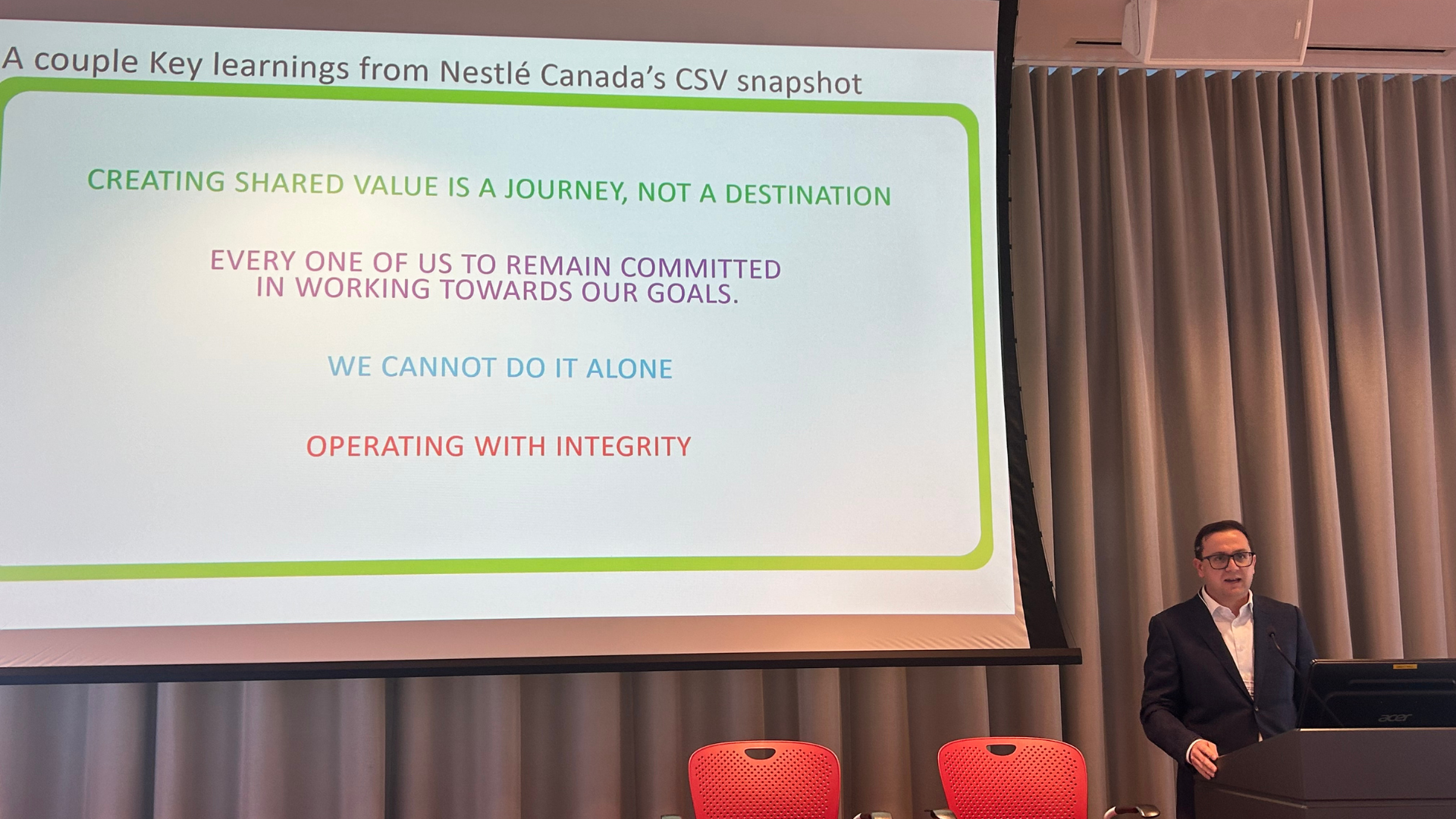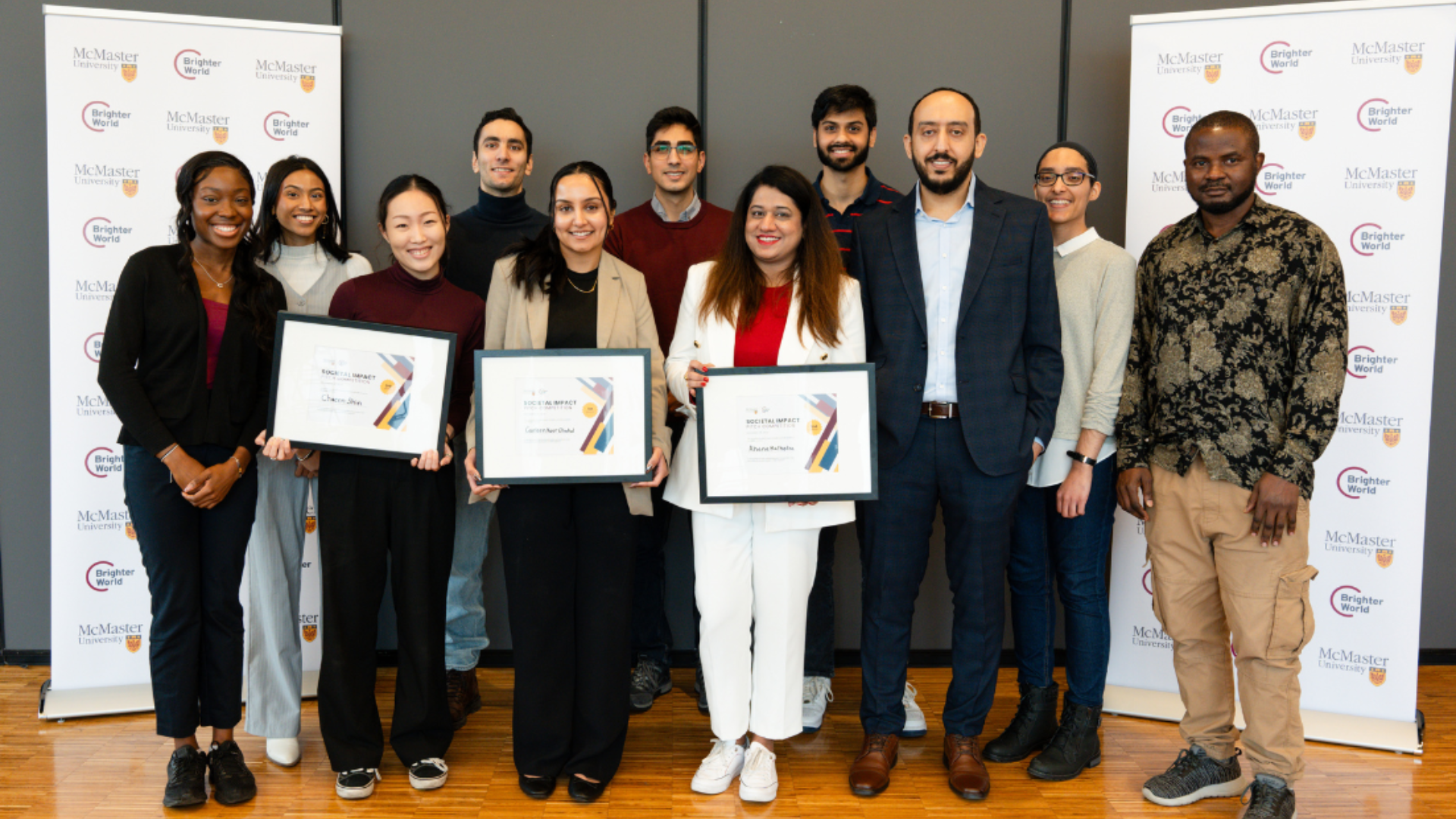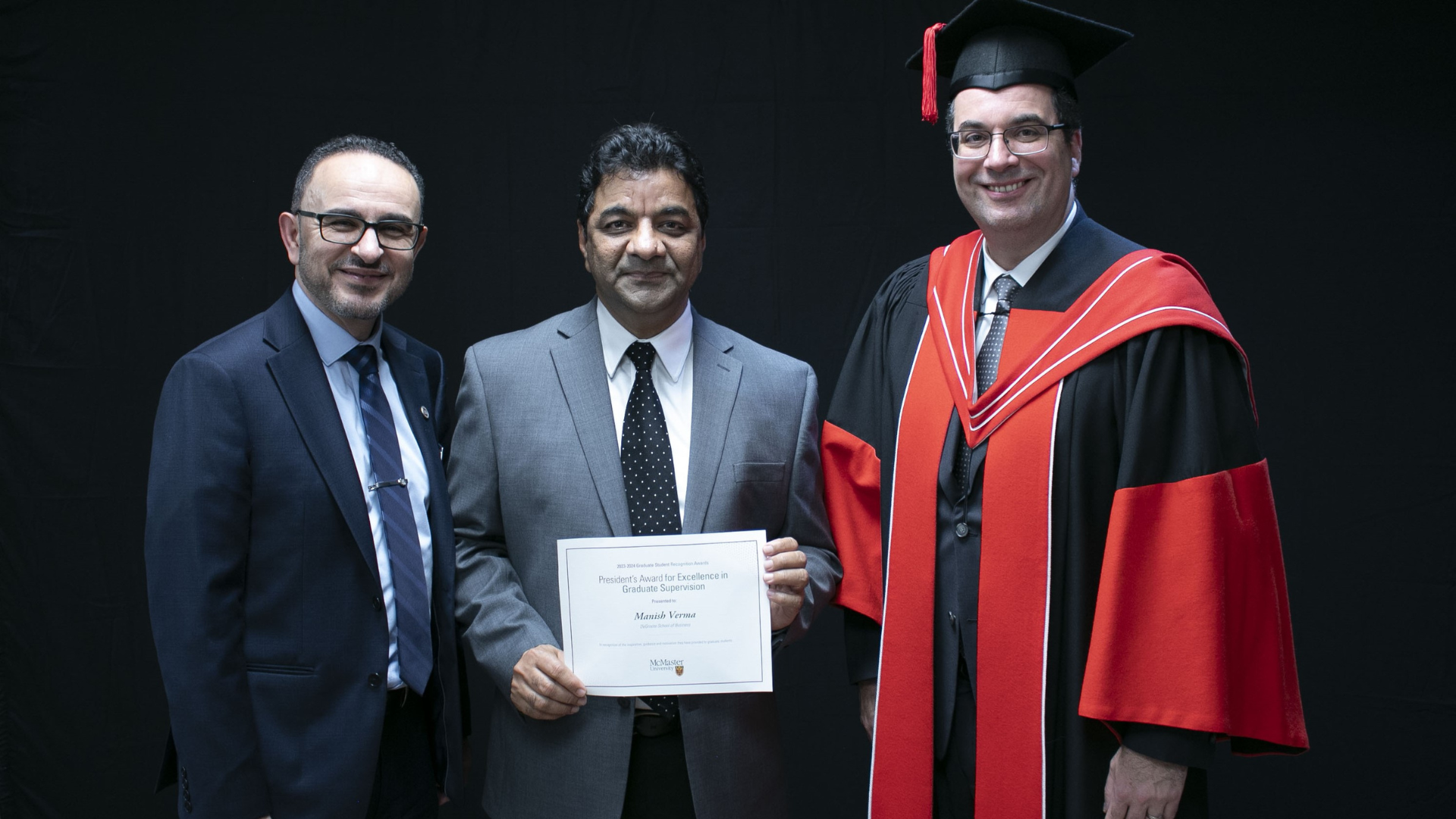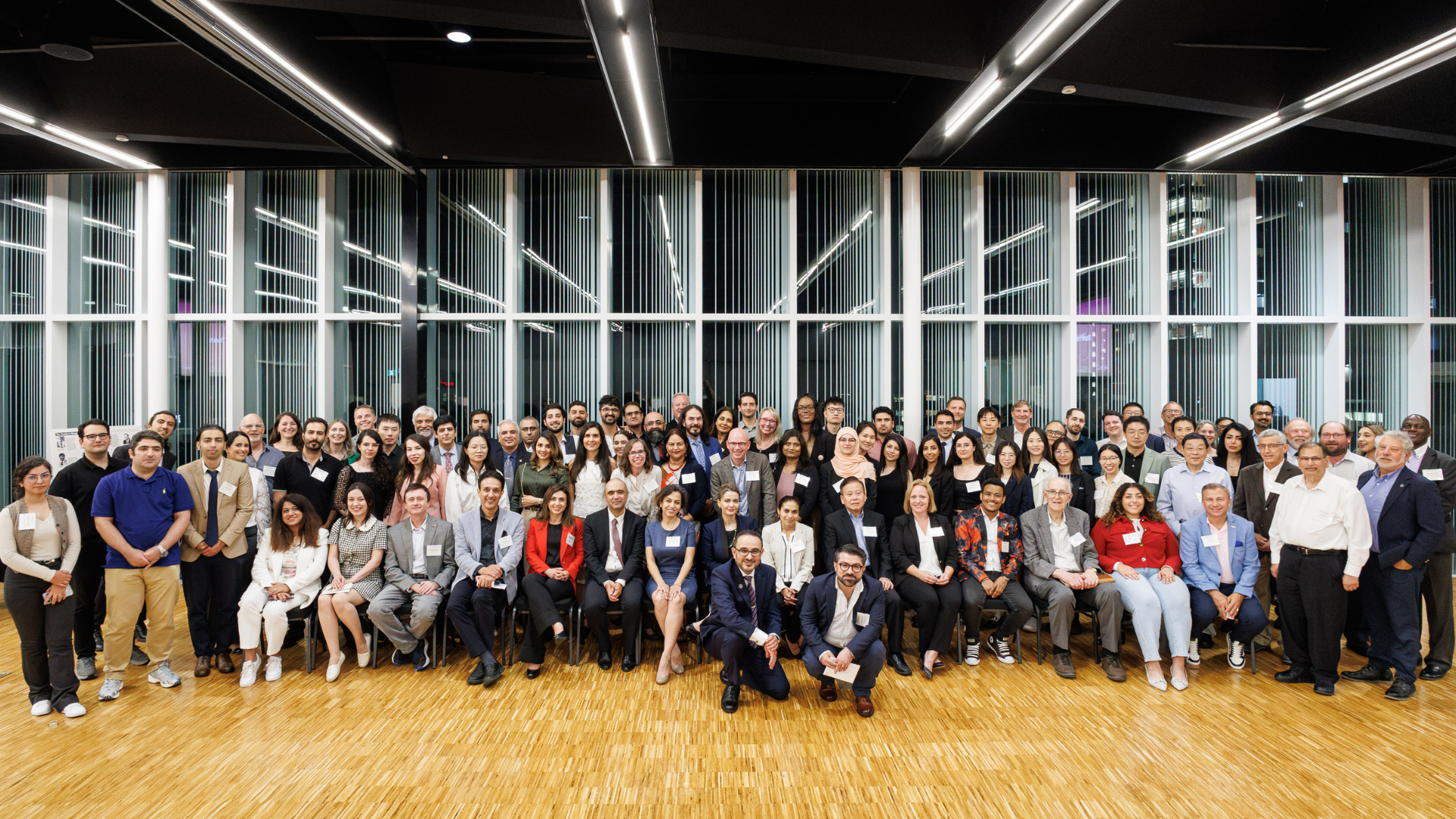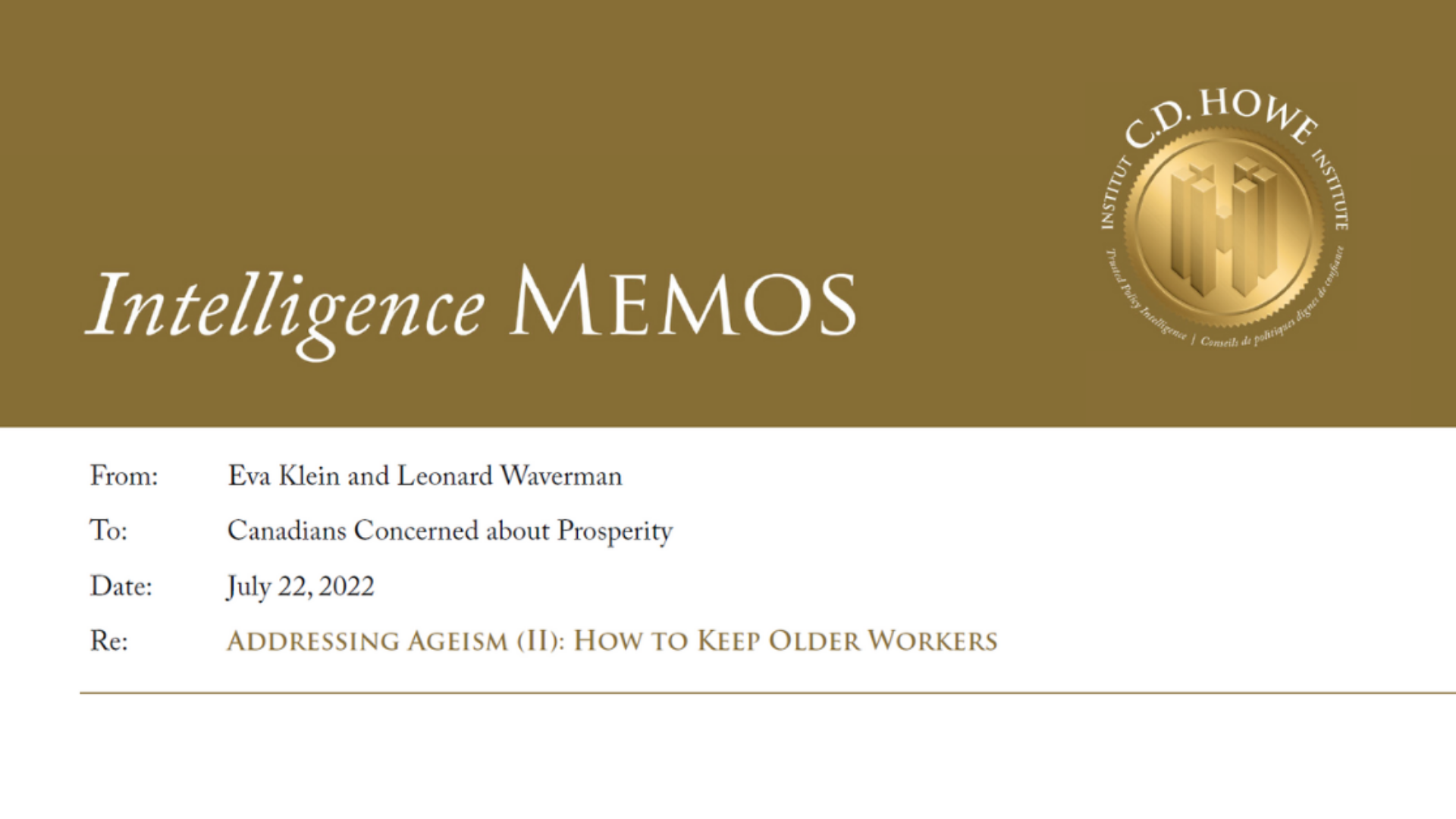
From: Eva Klein and Leonard Waverman
To: Canadians Concerned about Prosperity
Date: July 22, 2022
Re: Addressing Ageism (II): How to Keep Older Workers
Yesterday we outlined the 130-year-old origins of today’s outdated retirement age rules and expectations.
We now examine how older workers have fared in the labour market since the pandemic began based on several indicators: unemployment rates, participation rates, and part-time work. We show these rates for five age categories: those aged between 25 and 54 (prime working age); those between 55 and 59; between 60 and 64; between 65 and 69 and those over 70. There are three main observations:
Unemployment Rates
First, although the unemployment rate (non-seasonally adjusted) increased in the pandemic across all age groups, the recovery has been a bumpy ride for older people, especially those 65 to 69. (Figure 1)
Critically, unemployment rates rose with age (except for those over 70) in the two pandemic years 2020 and 2021. In all years after 2019, the unemployment rate for every category over 55 exceeds that for workers aged below 55. In addition, while the unemployment rate for workers below 55 fell to its pre-pandemic level by April 2022, the four age categories for older workers did not, exacerbating Canada’s labour shortage.
Participation Rates
Second, the participation rate falls sharply past age 55. (Figure 2)
The gap between older people in all age groups and prime working ages 25 to 54 is higher than the pre-pandemic gap. This needs special attention since Canada needs more workers overall. At prime working ages 25 to 54, nearly 90 percent of potential workers are in the workforce. For those aged 55 to 59, and 60-65, the participation rate is respectively near 75 and 56 percent. If the participation rate stayed constant for all workers pre-retirement age, an additional 600,000 employees could be added to the workforce. After year 65, the participation rate plummets to 27 percent. Increasing the participation rates, especially for the 55-65 cohorts could be a major boost to our workforce. This would take a concerted effort and a major change in policies and mindsets.
Part-Time Workers
A third issue is the far higher proportion of part-time workers in older populations. We have all heard of precarious employment – working without a longer-term contract or working part-time, frequently lower paid with far fewer benefits such as pension, employment insurance, etc. It is striking that in June 2022, 9.7 percent of employees between 25 and 54 worked part-time but almost one-third more workers between 55 and 59 were part-time and among those 60 to 64, the part-time percentage doubled. And part-time employment continues to rise with age – 35 percent of workers just past retirement worked part-time. This may be because they prefer it, but it may also represent fewer opportunities for full-time work. We need far better data with additional survey questions to determine the root causes of these differences.
Thus, public policy needs to work on providing better employment opportunities to decrease Canada’s labour force gap.
There are also changes in conditions of employment that could be helpful. Certainly, flexible hours help. On-the-job training would be welcome. We underestimate the digital literacy of many of those above 60, but digital skills training would likely be useful.
Besides worrying how to integrate millennials into the work force, we need to consider how to welcome older workers. Workshops where attendees learn to respect all employees – race, gender and age would be most welcome.
The federal and provincial governments have enacted a number of programs to help older workers remain in the workforce. One of the most important was the change in the Ontario Human Rights Code that eliminated age-based mandatory retirement negotiated under collective agreements. But in many cases, ageism is not addressed even as other ‘isms’ are in the current era.
Other government policies also affect retirement decisions. For example, at age 71 Canadians must move registered retirement savings plans to an income fund and are forced to withdraw 5.28 percent per year on a scale that rises to 20 percent at age 95, whether they are working or not. This mandatory drawdown could be changed to age 75 for those still working full-time.
There are also many informal practices – which could be labelled as micro-aggressions – that edge older workers towards the door.
Who wants to stick around where you don’t feel wanted and your contributions are dismissed? Nothing wipes out motivation as much as being undervalued, whether it’s a new office with no windows, the indifferent gaze of younger people when older people voice an opinion, or being ignored at lunch or coffee.
Most people don’t know how to fend off these dismissals and micro-aggressions and therefore, they do what society expects them to do, retire, often unhappily. These are meant to be the golden years, and for many they are not. Partly because life no longer has purpose and meaning, and partly because of lost income.
The point is not to raise the retirement age, but for society and employers to welcome those who want to continue their productive working lives.
The major push should be to increase participation rates past age 54. All the points that we have discussed above could aid this effort. But we need better data and research to determine why participation rates fall as cohorts age.
Our main recommendation is that we need a meaningful effort to keep those older employees who want to keep working in the workforce. This must come from the top – elected leaders and key business executives must take this on as one of their missions for Canadian society. They must lead the charge so that older workers feel entitled to continue working and not simply internalize the expectations of their younger colleagues.
“Love and work are the cornerstones of our humanness,” said Sigmund Freud. He meant that productive labour and positive human relationships improve an individual’s physical and mental health. We can’t spend our last years just waiting to die.
As Andy Rooney once noted: “It’s paradoxical that the idea of living a long life appeals to everyone, but the idea of getting old doesn’t appeal to anyone.”
Our culture of ageism helps make being older an unpleasant experience and it’s past time to change it.
Eva Klein is professor in the Department of Psychiatry and Behavioral Neuroscience at McMaster University where Leonard Waverman is professor and former dean of the DeGroote School of Business. The views expressed here are those of the authors. The C.D. Howe Institute does not take corporate positions on policy matters. This Intelligence Memo originally appeared on the C.D. Howe Institute Website.



